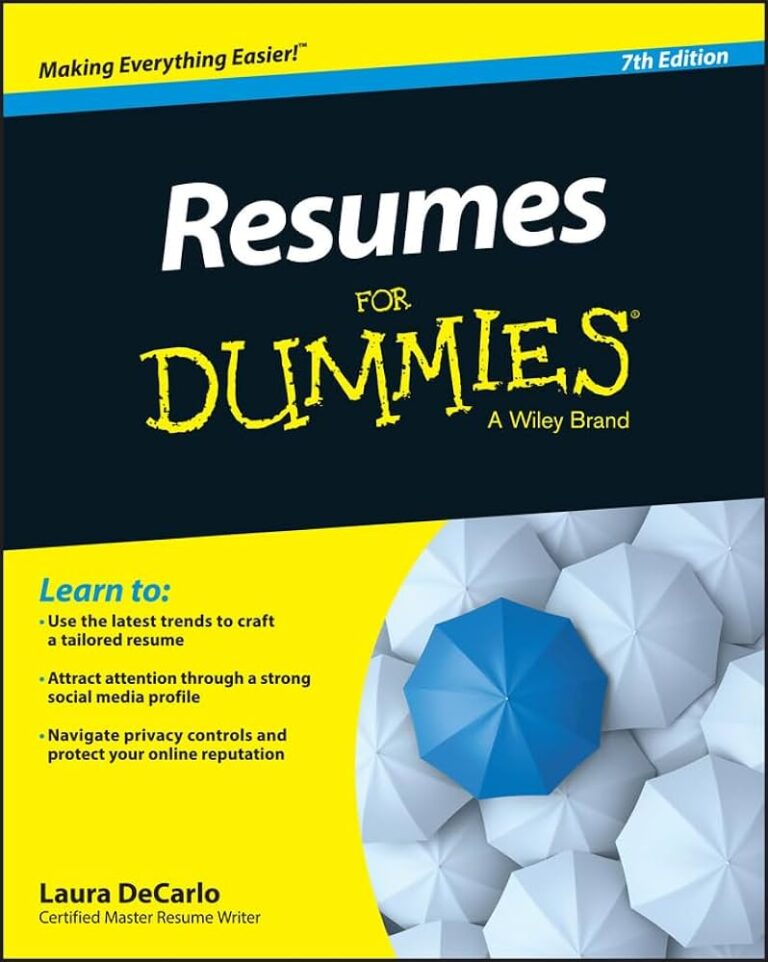Whether it’s online content or a business report, incorrect or inconsistent capitalisation will likely detract from what you’re writing about. I’ve edited and proofread many insightful and informative documents where the shift key has been overused or misused. And without a second set of eyes, the overriding messages could’ve been overlooked or taken less seriously.
It’s not always easy to make capitalisation choices or keep track of them when you’re slogging away on the written content, but ensuring this is checked as a final pre-submission stage is highly beneficial. For those authors who don’t have the time to recruit an editor or colleague to double check their writing, the next four capitalisation tips should be particularly helpful.
1) Specific vs. generic (incl. plural): Really consider whether the terms you’re using in your writing are specific enough for title case, including those you’ve coined. Also keep in mind that plural mostly indicates generic. For example, if you’re referring to ‘general managers’ across an industry, you’re not really being specific enough to capitalise this job title.
2) Consistency of capitalisation: So once you’ve worked out which terms you’re going to capitalise, it’s highly important to maintain this across your written document. The best way is to keep a list of your specific terms, capitalised as relevant. I’ve often edited business reports and other documents where the end customer has complained about the writing quality – but it’s mostly based on distracting inconsistencies like these, rather than the actual content.
3) Respect others shift-key rulings: In addition to your own coined terms, you need to be aware of how others prefer to capitalise theirs. For instance, a company with a variety of brand names generally has a preference on how they are capitalised. If you haven’t been provided with the relevant information, company websites can often guide you.
4) Government terms: One of the most common capitalisation mishaps I see relates to government terms, including ‘government’. The same capitalisation rules generally apply in this context – i.e. only use initial caps for ‘government’ and other similar political terms when talking specifically. For example, the Australian Government is title cased, while your state government is not.
A dhering to these capitalisation guidelines will help ensure your written content is well received and better penetrates the target audience. Here at Walton’s Words we’ve edited and proofread many documents with capitalisation issues. Drop us a line or give us a call if you have a piece of writing that could do with a second set of eyes to better ensure perceived professionalism and reader engagement.
dhering to these capitalisation guidelines will help ensure your written content is well received and better penetrates the target audience. Here at Walton’s Words we’ve edited and proofread many documents with capitalisation issues. Drop us a line or give us a call if you have a piece of writing that could do with a second set of eyes to better ensure perceived professionalism and reader engagement.




